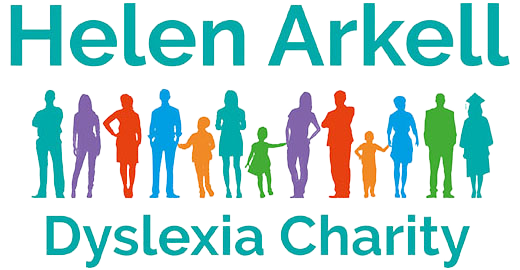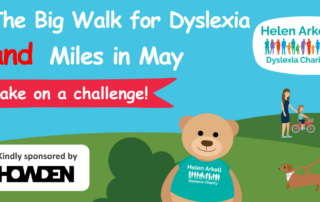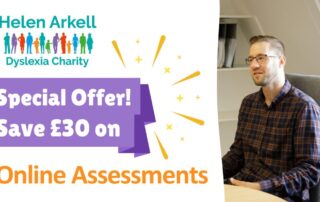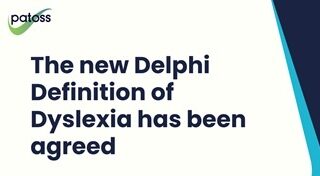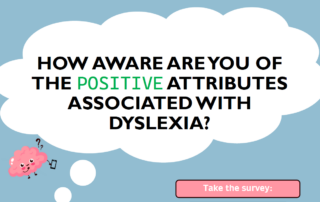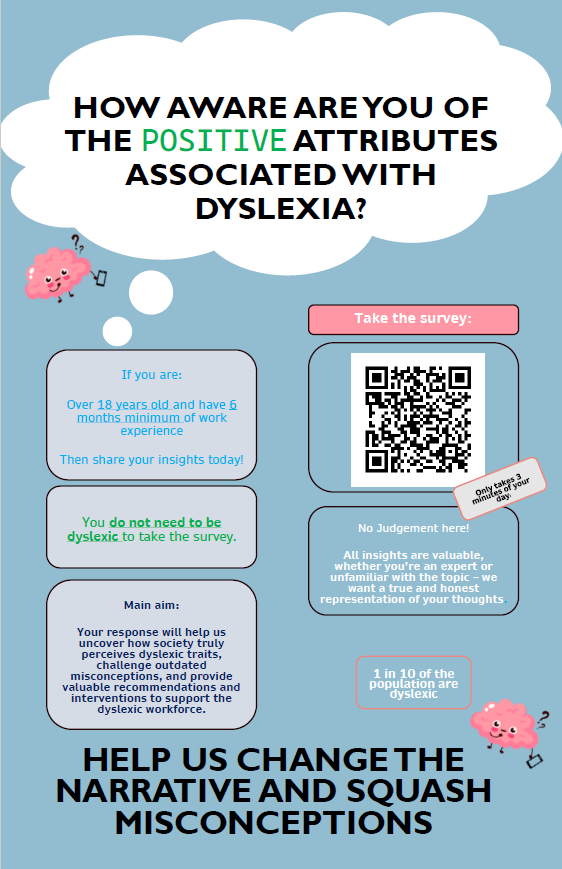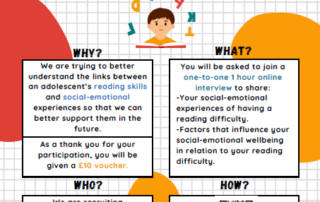Help Better Understand the Current State of Workplaces Across the UK
Are you clinically or self-diagnosed with any type of neurodivergence? Do you work in the UK? The UK Young Academy is looking for participants to take part in our 10-minute confidential survey to better understand the current state of workplaces across the UK. This is part of the UK Young Academy’s THRIVE project, which aims to make workplaces more inclusive for neurodivergent employees.
https://www.smartsurvey.co.uk/s/THRIVE_survey/
If you want to know more about our project, please visit: https://ukyoungacademy.org/activities/thrive/
